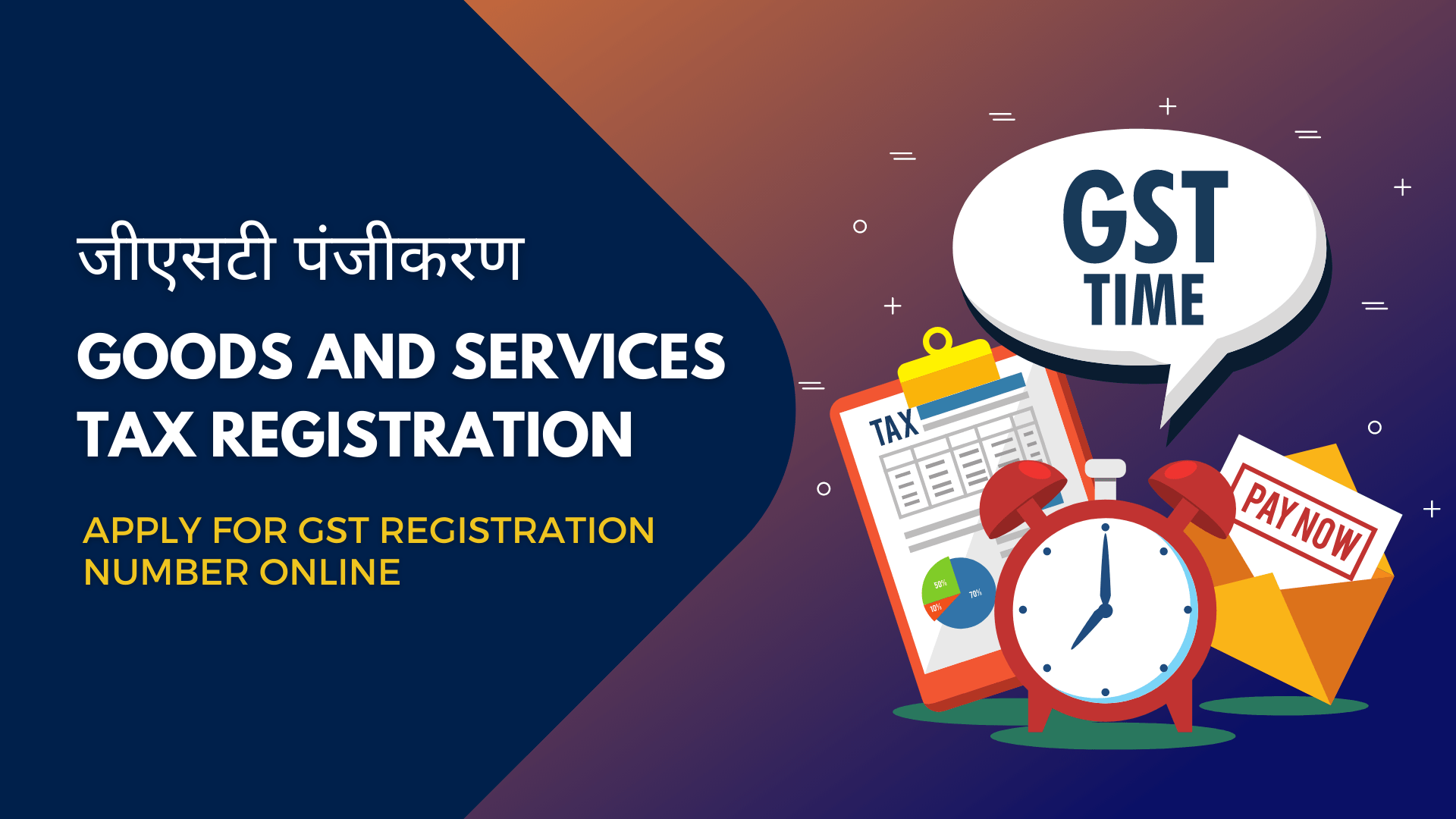Browsing the Intricacies of GST Enrollment: Professional Tips and Ideal Practices for Easier Compliance
From figuring out enrollment requirements to taking advantage of technical devices for structured procedures, the trip towards smoother GST compliance is nuanced and diverse. Stay tuned to reveal vital strategies and insights that can help services steer via the intricacies of GST enrollment with skill and confidence.
Recognizing GST Registration Requirements

In addition to turn over limits, businesses involving in interstate sales or giving taxable services may also be called for to register for GST, even if their turnover is listed below the suggested restriction (Singapore GST Registration). Comprehending these needs and limits is necessary to avoid charges and guarantee smooth procedures within the lawful structure
Furthermore, organizations should collect and prepare the required documents, such as proof of identity, address, organization unification, and savings account information, before launching the GST enrollment procedure. Falling short to provide accurate information or satisfy the enrollment target dates can cause fines or other lawful effects. Organizations ought to stay notified concerning the certain GST enrollment requirements applicable to their operations to keep compliance and avoid potential problems.
Organizing Essential Documents
Companies starting the GST enrollment process have to thoroughly assemble and organize the vital paperwork required for entry. The crucial papers commonly required for GST enrollment include evidence of business registration or identity, address and incorporation proofs of the service owners or partners, savings account information, evidence of primary location of business, and permission types. Making sure that these records are readily available and organized can streamline the registration process and stop beings rejected or hold-ups.
To successfully organize important paperwork, services ought to create a central system for saving and categorizing the called for paperwork (Singapore GST Registration). Using electronic storage space remedies can help preserve simple accessibility and make certain that files are safely stored. Furthermore, developing a checklist of all essential files can function as a practical device to track what has actually been gathered and what is still needed for submission

Leveraging Technology for Effectiveness
Enhancing operational performance through technical combination is paramount for modern companies browsing the intricacies of GST registration. Leveraging innovation can simplify processes, minimize mistakes, and ensure prompt conformity with GST guidelines. Among the crucial ways innovation can aid in GST registration is with making use of automated software program remedies. These tools can assist services track sales, create invoices, calculate tax obligations, and send returns precisely. By automating these jobs, services can reduce manual mistakes and save time that would certainly or else be invested in repeated management work.
In addition, modern technology can assist in smooth interaction with tax authorities. On-line sites and interaction tools enable companies to send documents, solve questions, and obtain updates in an extra efficient manner. This not just speeds up the registration process yet also helps in keeping clear and reliable communication with the pertinent authorities.
In addition, cloud-based storage space services give a over at this website safe platform for businesses to store and accessibility their economic data, making sure compliance with GST record-keeping demands. By centralizing information storage space and automating procedures, companies can boost their overall efficiency and accuracy in GST registration procedures.
Proactive Conformity Monitoring

To make sure effective proactive compliance surveillance, services must develop robust interior controls, conduct periodic audits, and leverage automation tools for real-time monitoring of GST deals. Routine training sessions for staff members on GST compliance demands can additionally aid in producing a culture of compliance within the company. Furthermore, engaging with tax experts or specialists can give valuable understandings and assistance on browsing complicated GST regulations.
Engaging With Professional Consultants
Involving seasoned tax obligation professionals use this link can significantly strengthen a company's understanding and compliance with intricate GST laws. Specialist experts bring a riches of expertise and experience to the table, helping businesses browse the complexities of GST enrollment easily. By leveraging their expertise, firms can guarantee exact filings, decrease the risk of errors, and stay updated with the most up to date regulatory changes.
When involving with expert consultants, it is vital to select experts with a strong track document in GST compliance (Singapore GST Registration). Try to find professionals who have a deep understanding of the appropriate laws and guidelines, in addition to experience working with services in your sector. Efficient communication is type in this collaboration, so ensure to clearly define your assumptions and develop normal touchpoints to discuss development and address any worries
Moreover, expert consultants can give beneficial insights and guidance on enhancing your tax obligation strategy, determining possible cost-saving possibilities, discover here and enhancing your conformity procedures. Overall, purchasing specialist consultancy solutions can go a lengthy means in guaranteeing smoother GST conformity and preventing pricey errors.
Verdict
To conclude, navigating the complexities of GST enrollment calls for a complete understanding of the needs, company of essential documents, leveraging innovation for performance, aggressive compliance monitoring, and involvement with specialist professionals. By complying with these best methods, companies can guarantee smoother compliance with GST laws and avoid potential charges or penalties. It is essential to stay educated, positive, and attentive in taking care of GST enrollment to preserve compliance and maintain economic honesty.
To ensure compliance with tax laws, services should thoroughly comprehend the complex needs for GST registration. Item and Provider Tax (GST) is a value-added tax obligation imposed on the majority of items and solutions in a country, making it crucial for companies to sign up for GST to avoid legal effects.Additionally, organizations have to collect and prepare the required paperwork, such as evidence of identity, address, organization incorporation, and bank account information, before launching the GST enrollment procedure. Organizations need to stay notified regarding the certain GST registration needs applicable to their operations to preserve conformity and prevent possible concerns.
The crucial records usually needed for GST registration consist of evidence of service registration or identification, consolidation and address proofs of the service owners or companions, financial institution account details, evidence of principal place of organization, and permission forms.